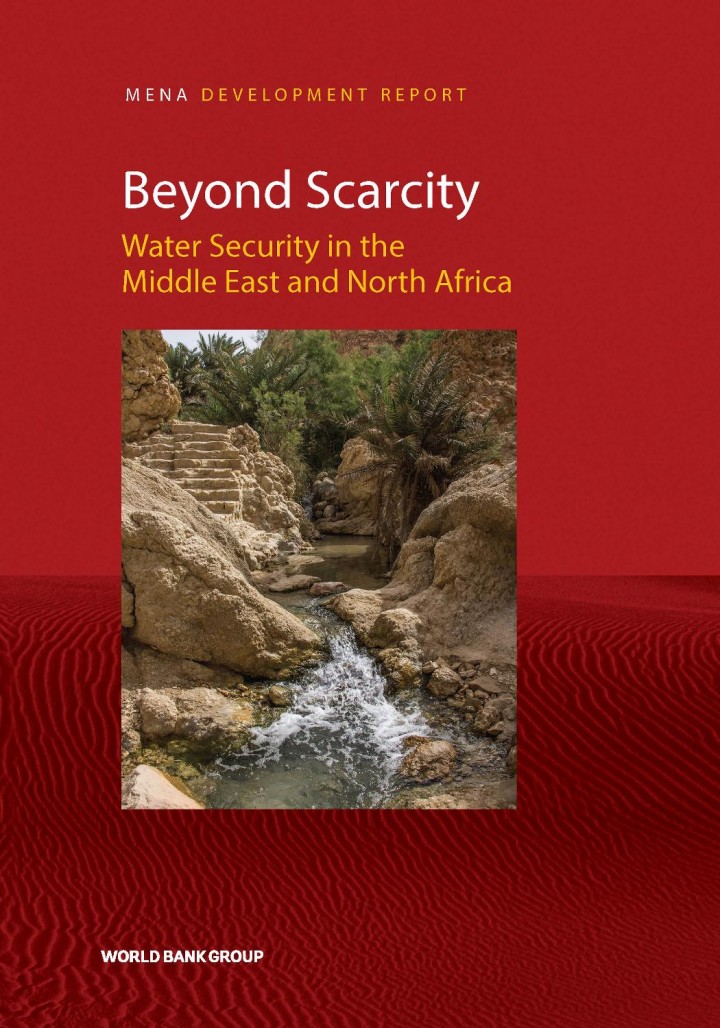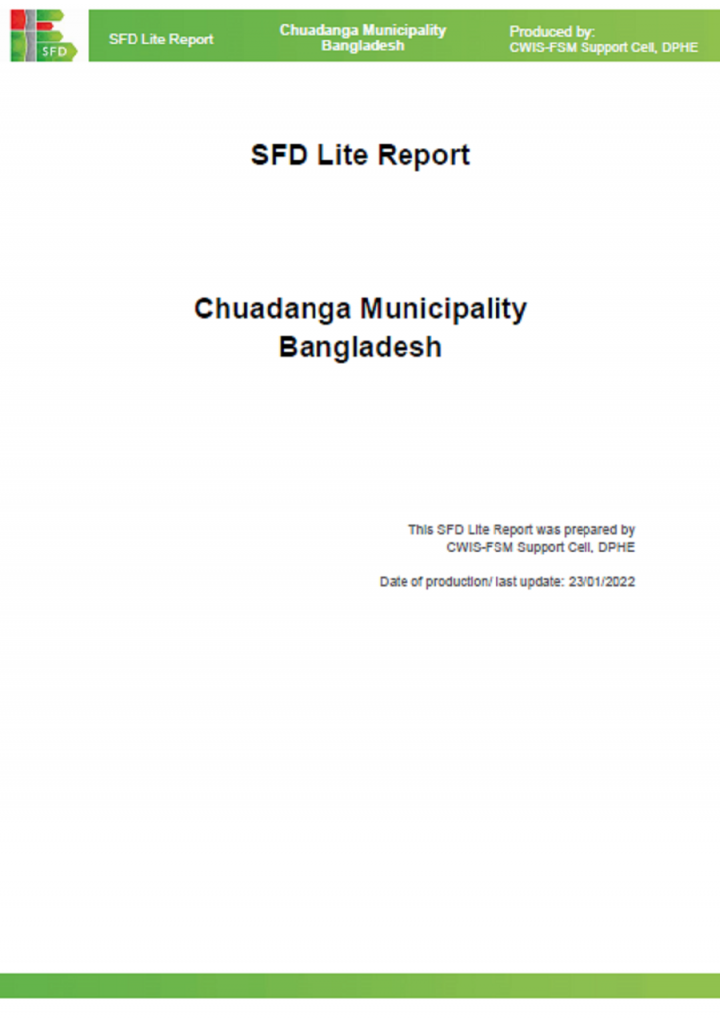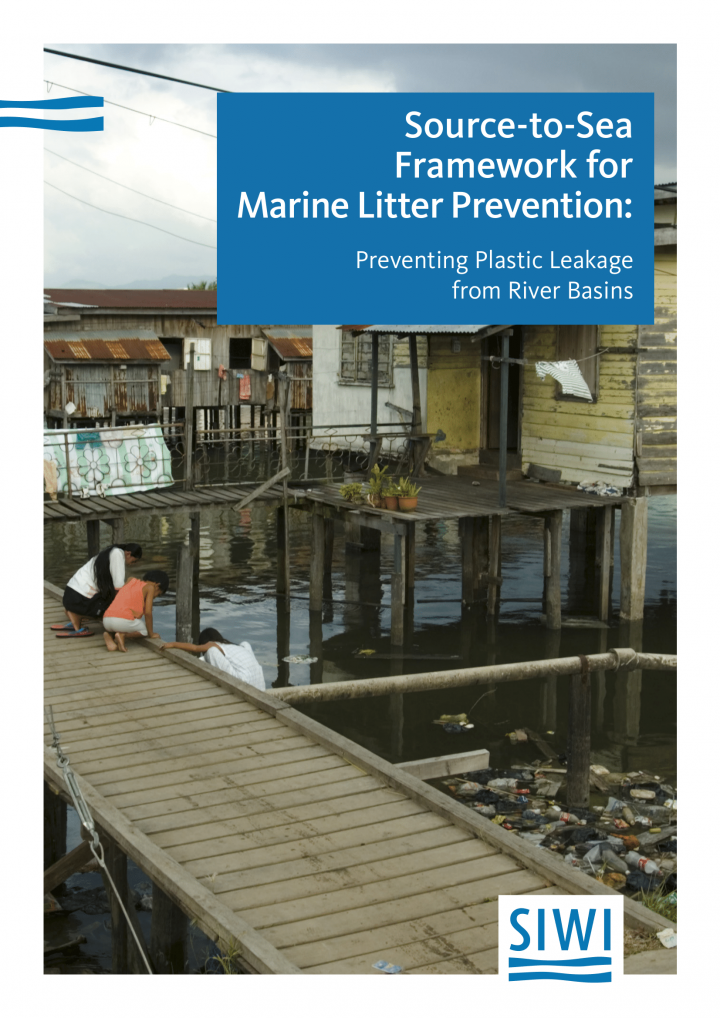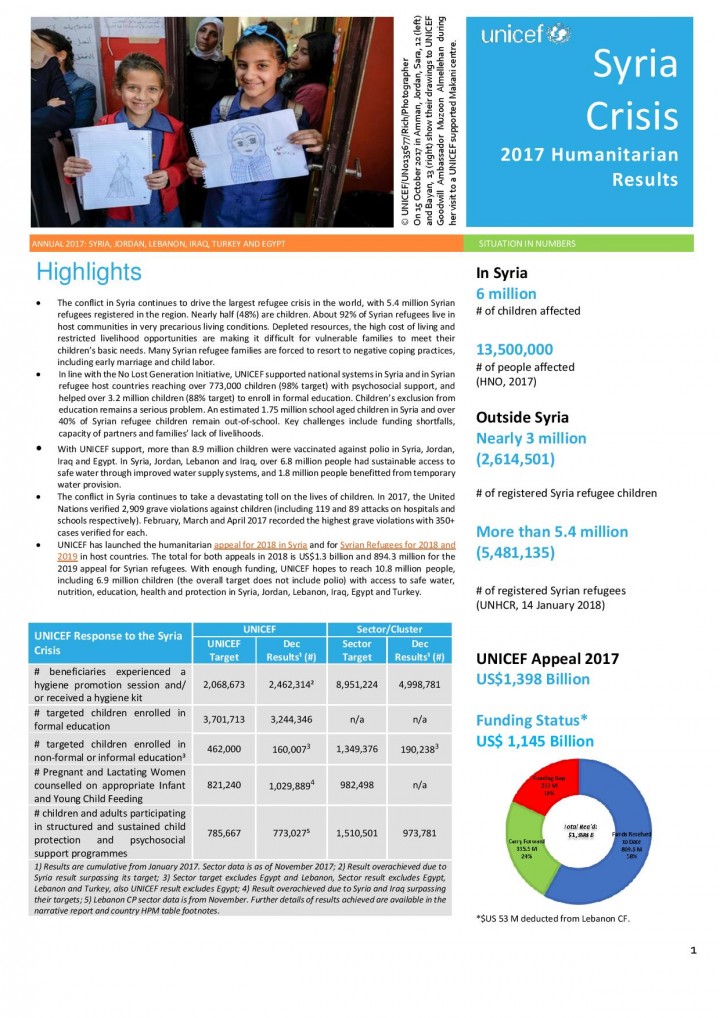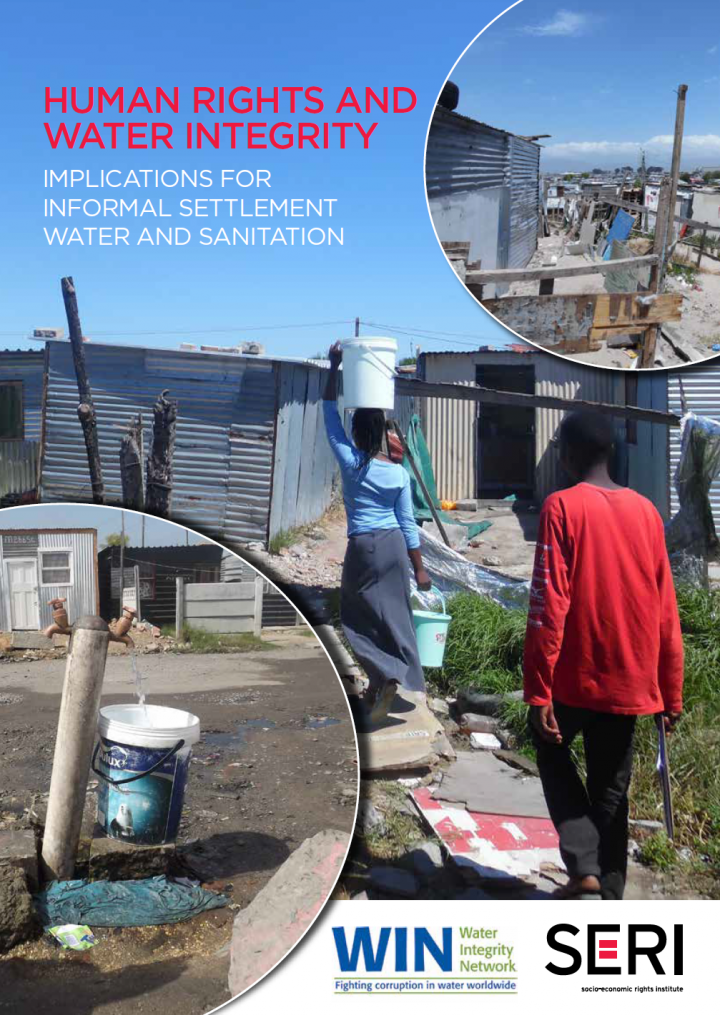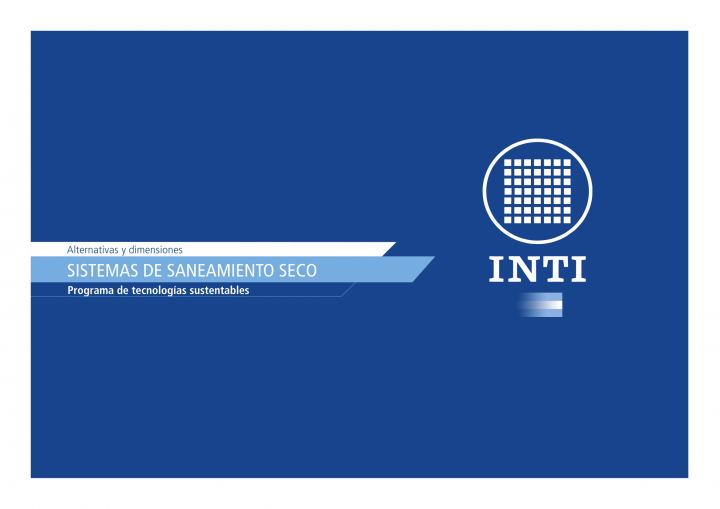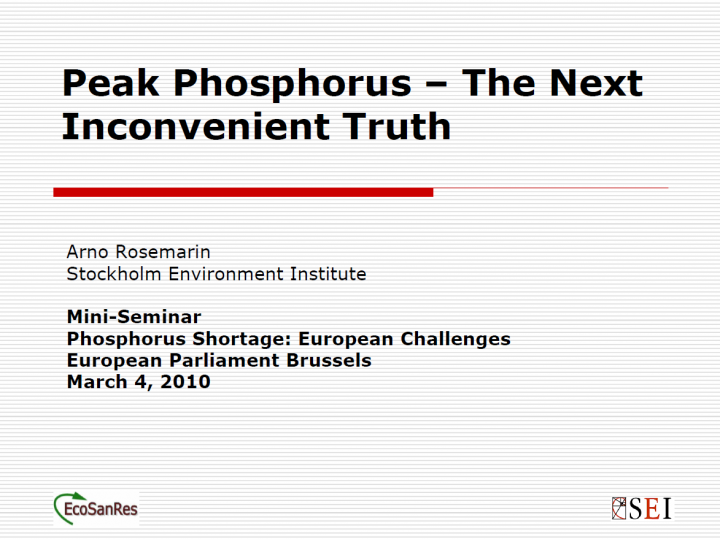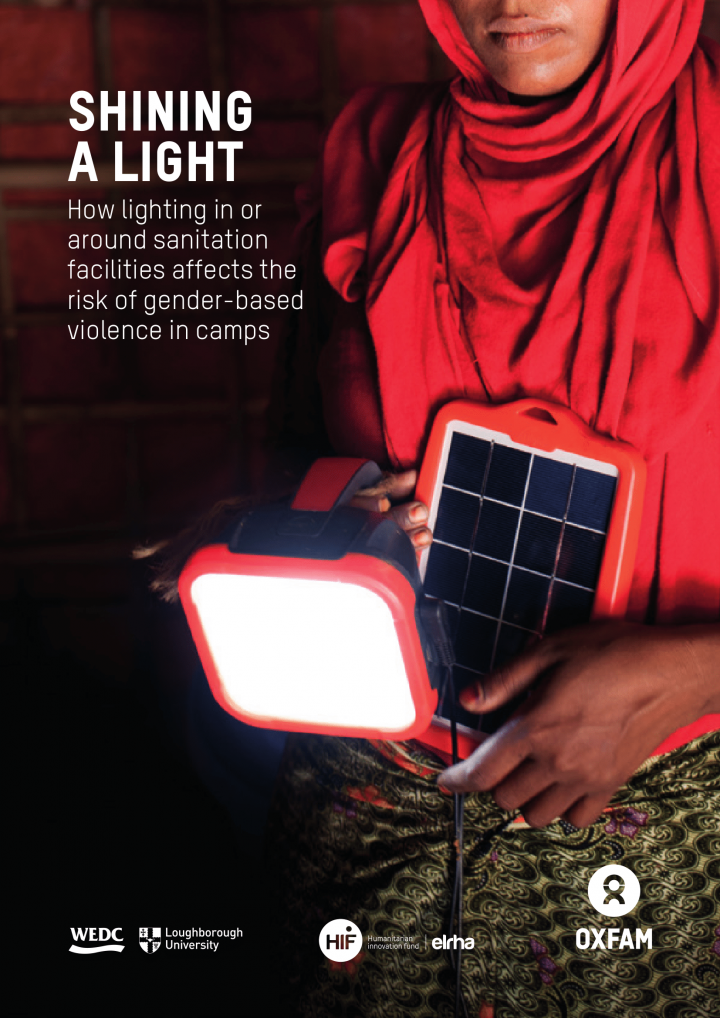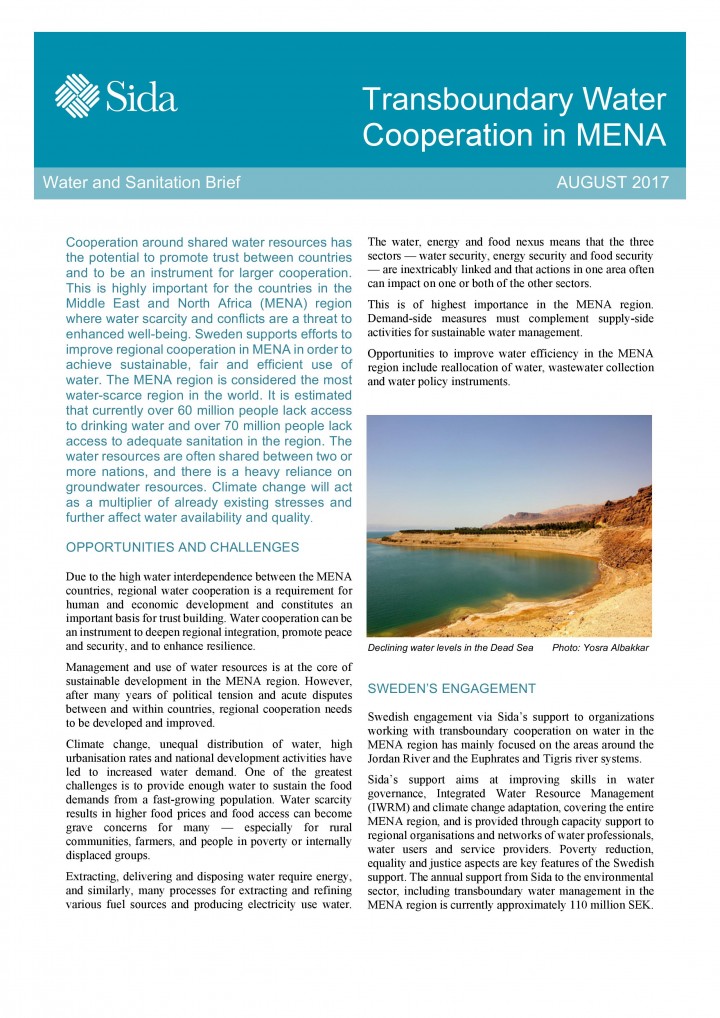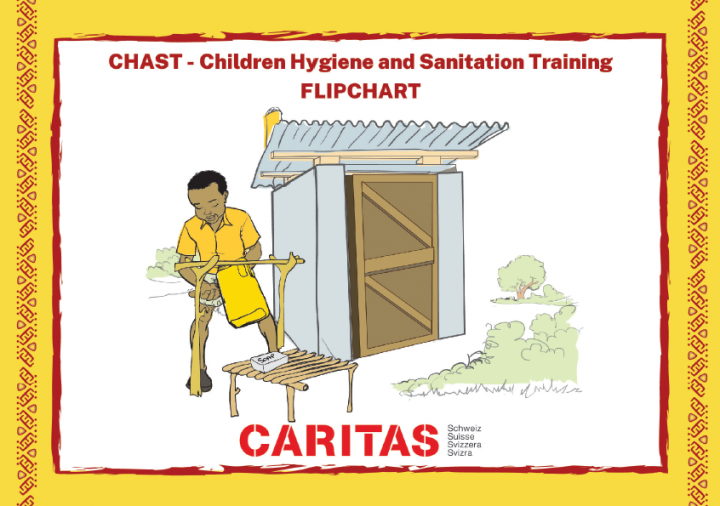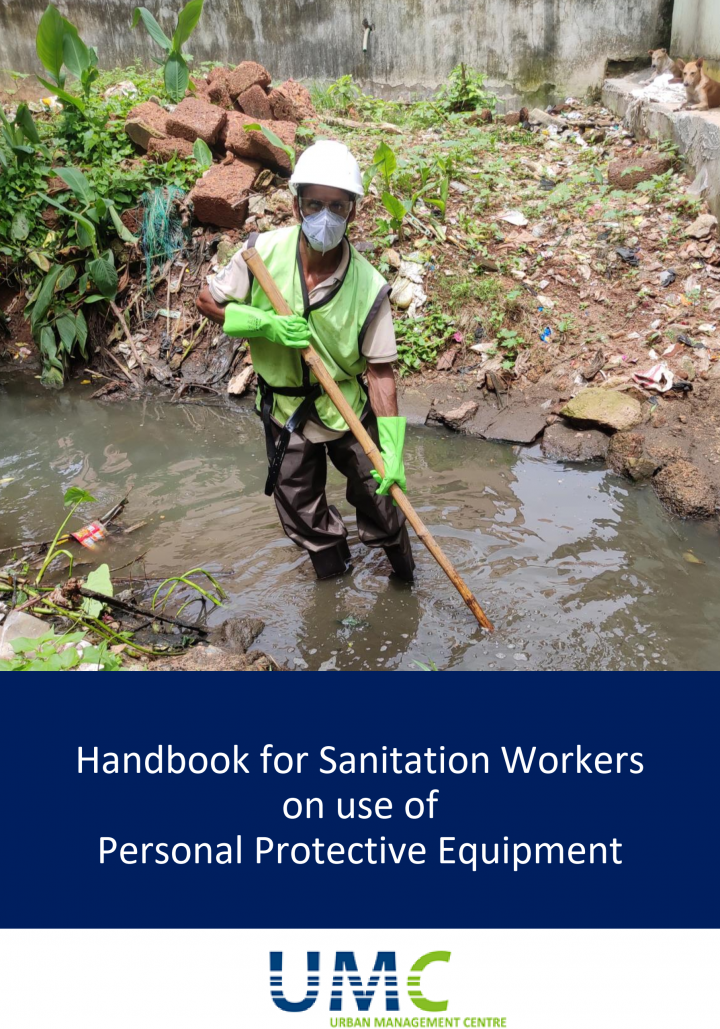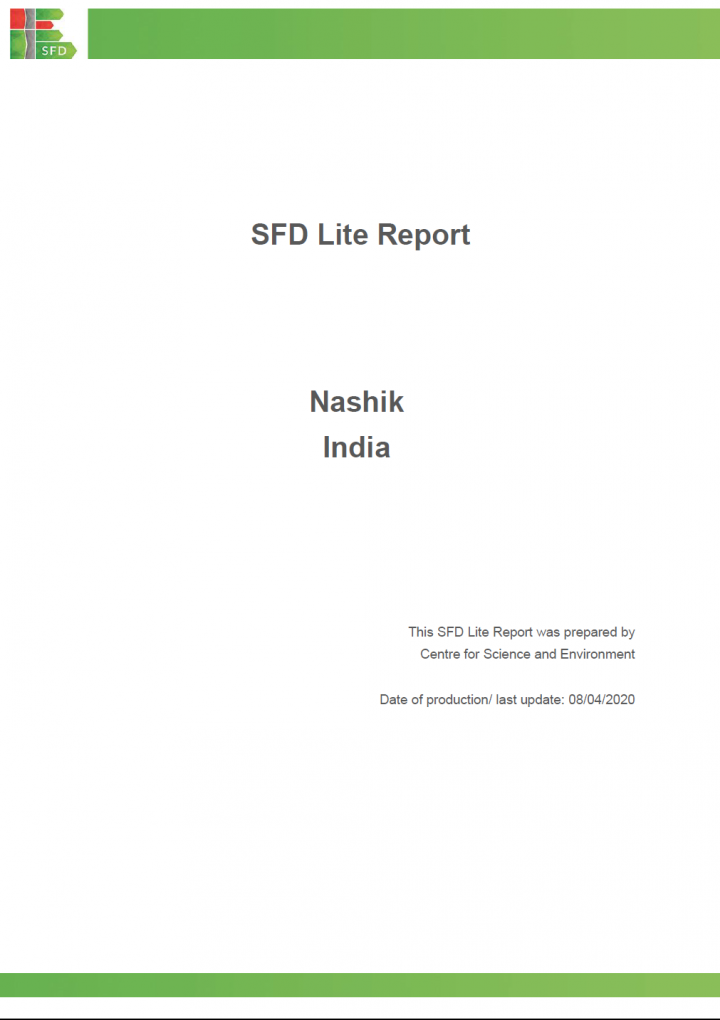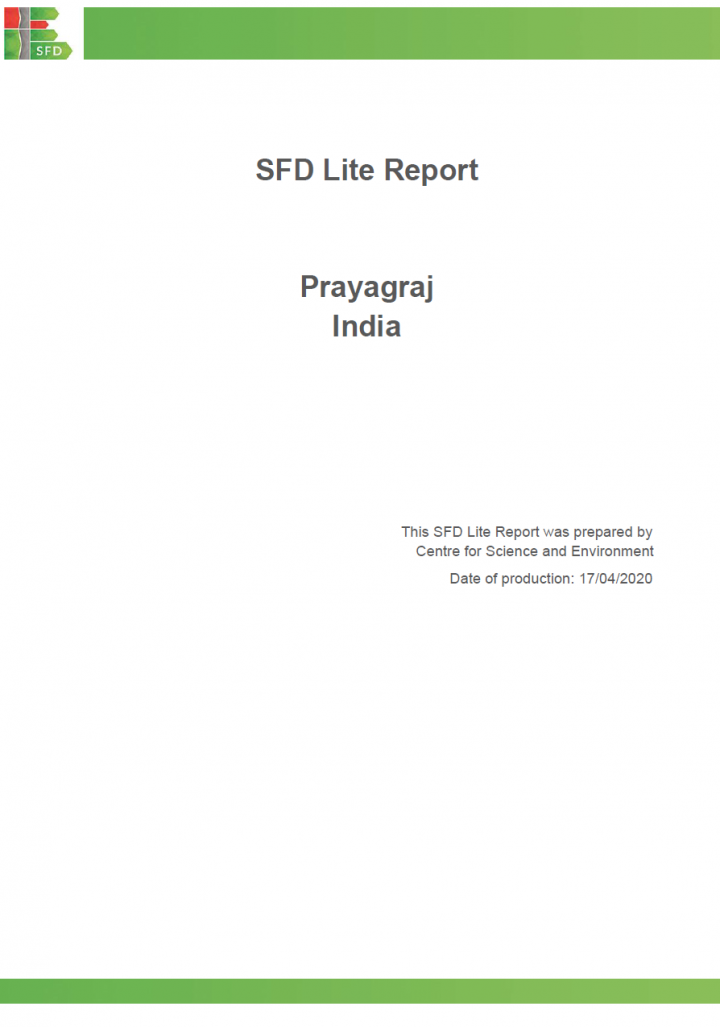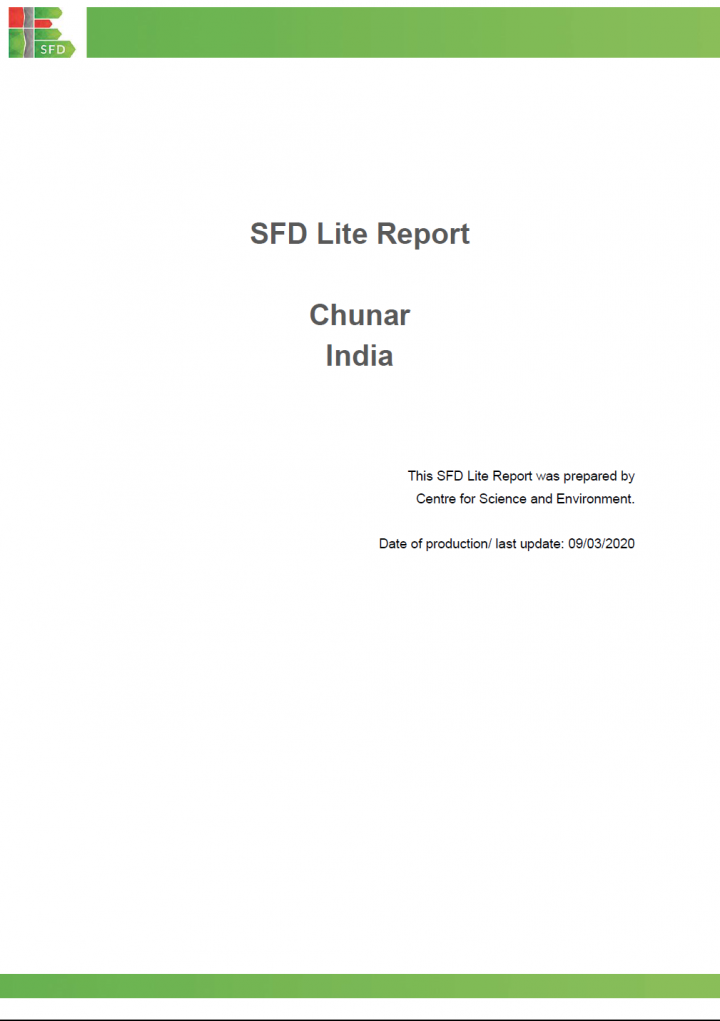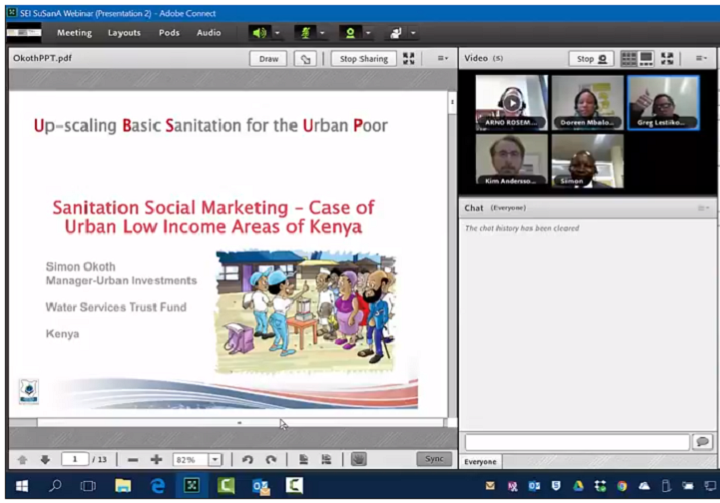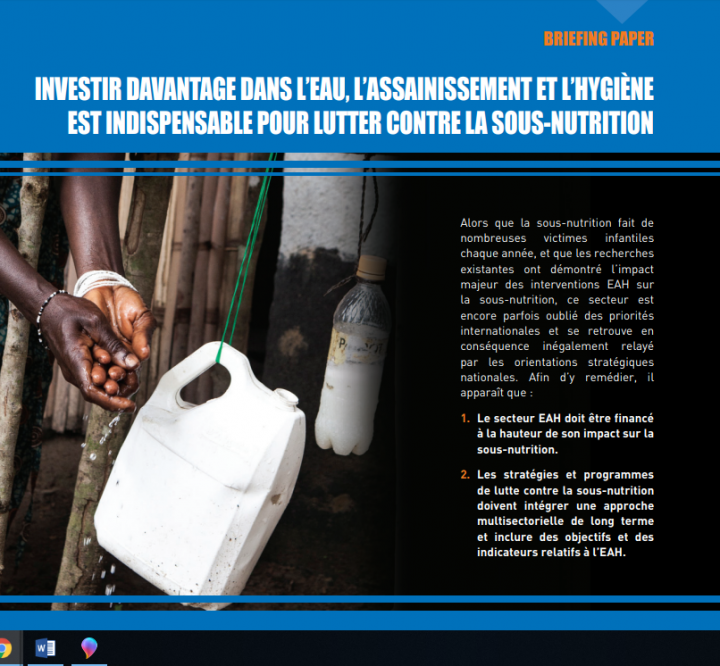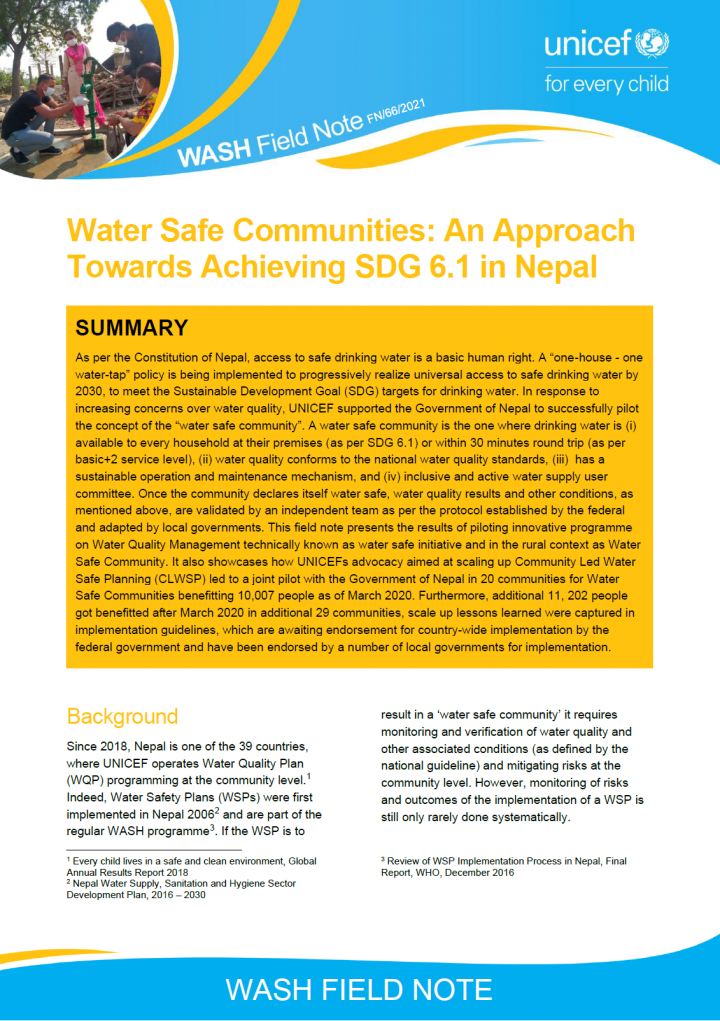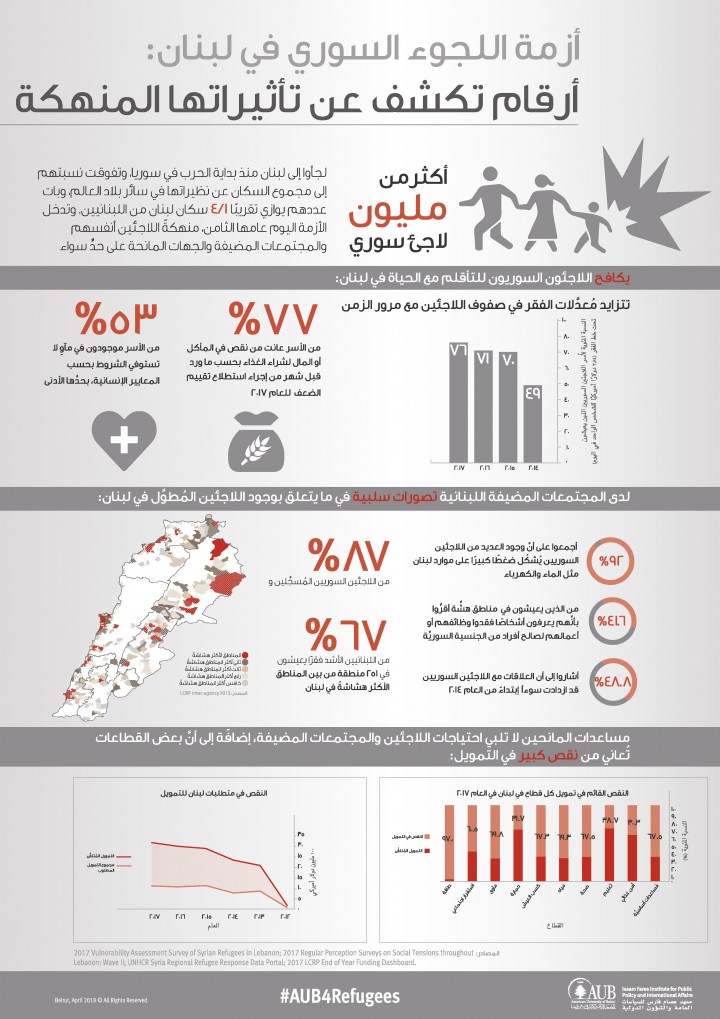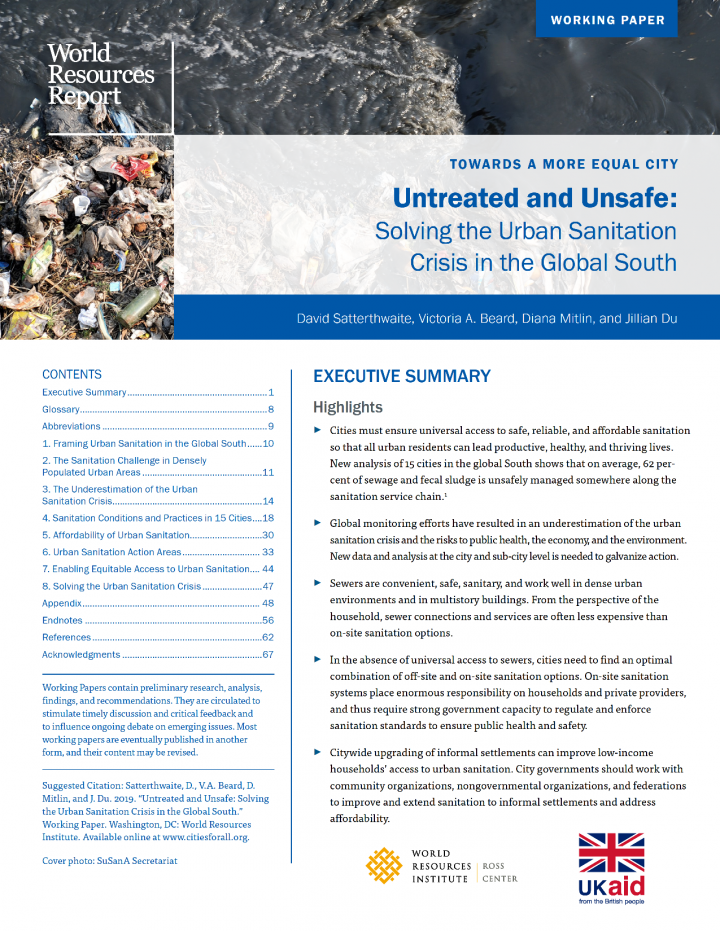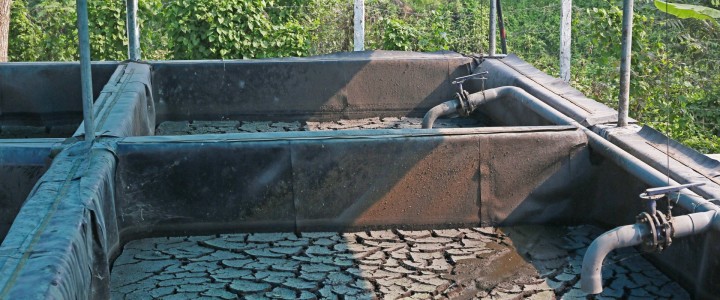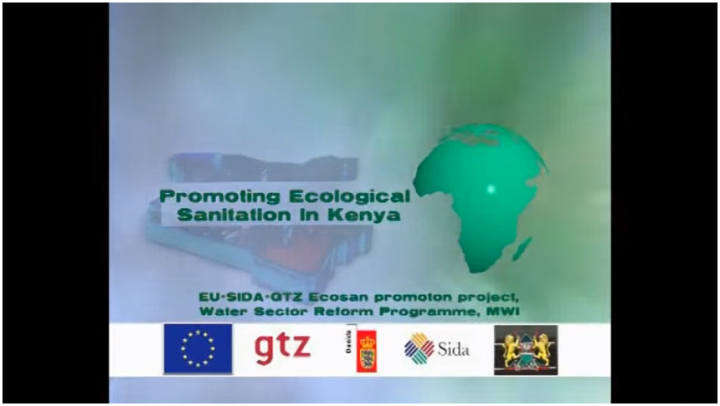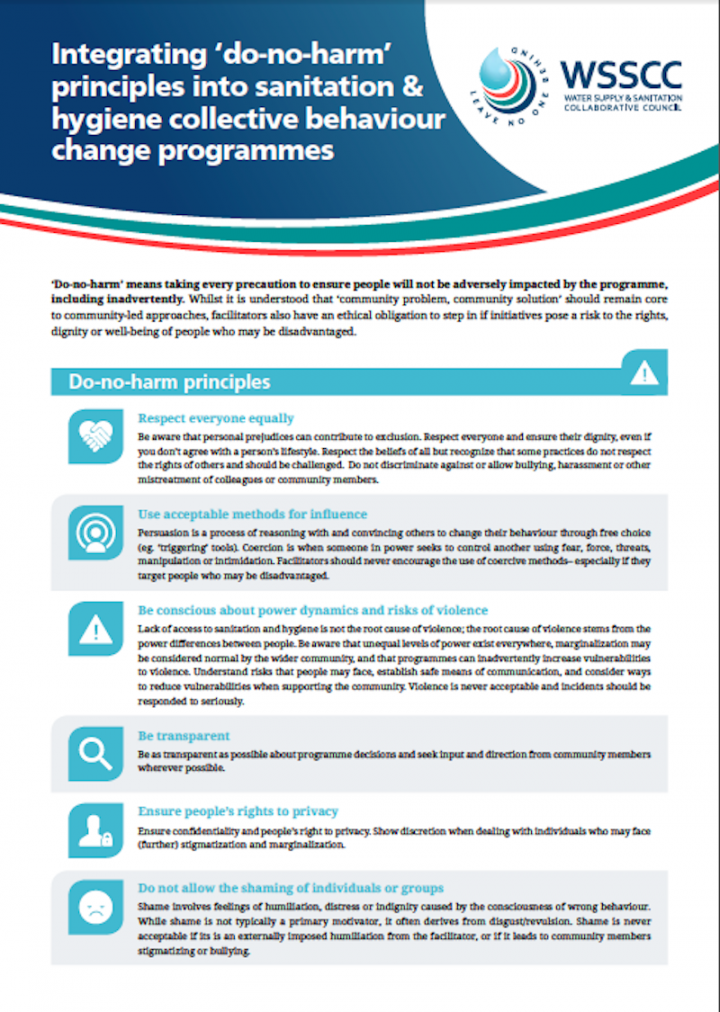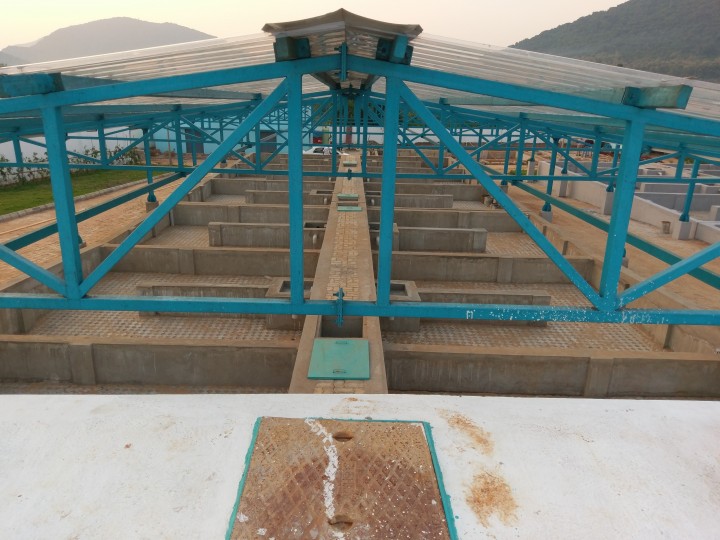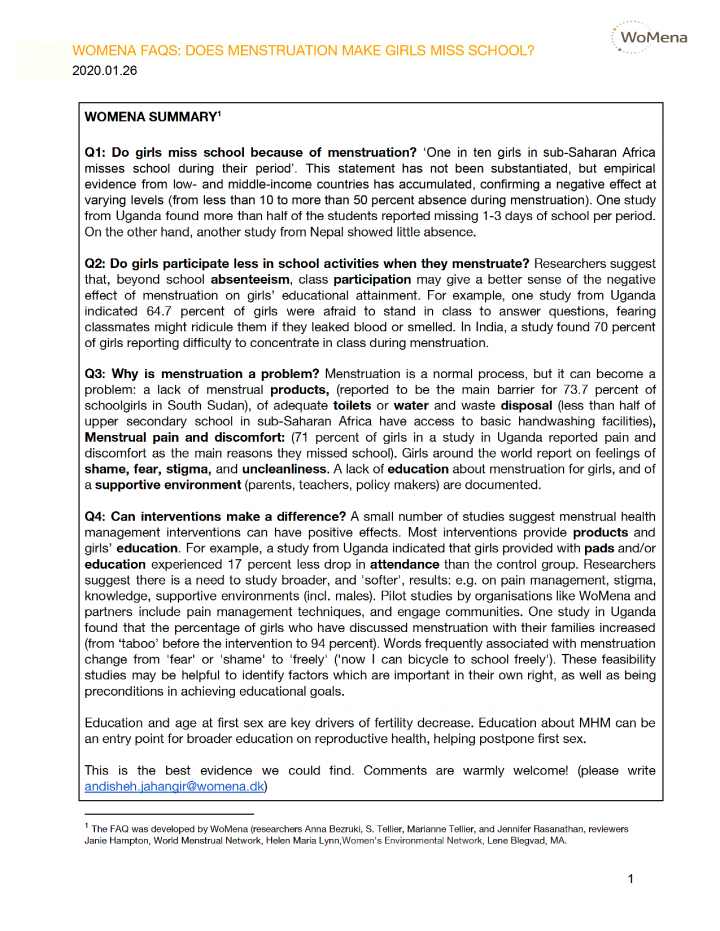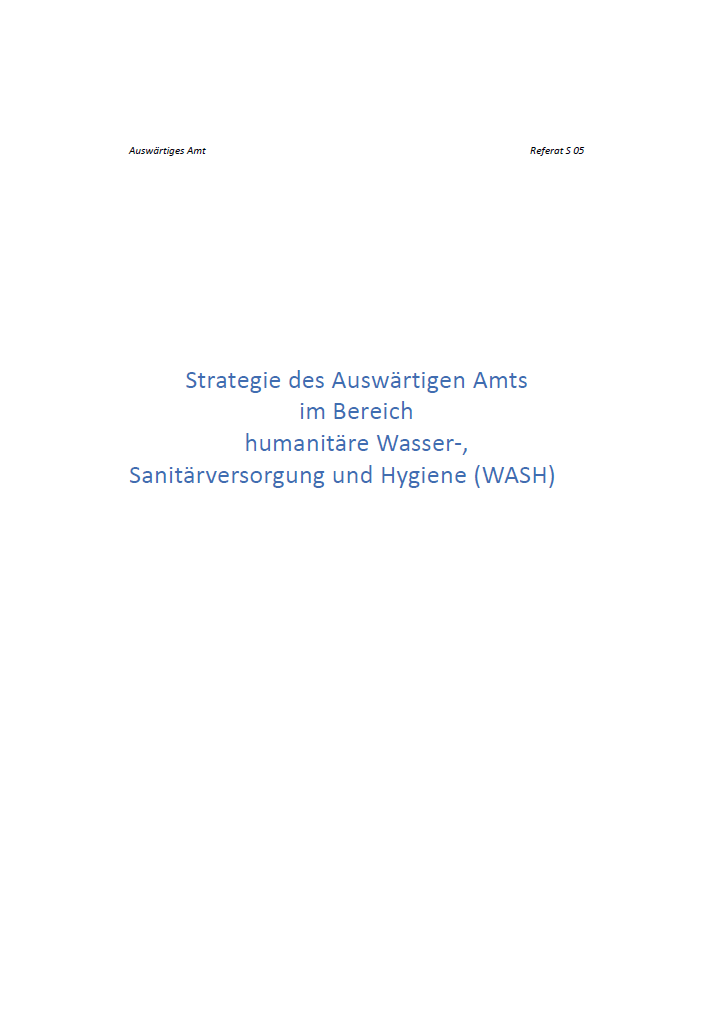Searching for information on Sanitation Workers?
The Sanitation Workers Knowledge + Learning Hub is the best source for all current news, trends, articles and updates on sanitation workers rights around the world.
Water has always posed great challenges for the Middle East and North Africa. With rapid growth, regional instability, and climate change, these challenges are more pressing than ever. This report describes how the region’s current water challenges go far beyond age-old constraints of water scarcity. The report explores how countries can anticipate and act to strengthen water security, rather …
Chuadanga is a prosperous city in the western part of Bangladesh. This is a municipality town and district headquarters of Chuadanga District in Khulna, Bangladesh. Chuadanga was the first capital of Bangladesh. In 1862, the first railway station in Bangladesh was established in Chuadanga city. The city is 211.5 km away from the west of the capital city, Dhaka. It is beside the Mathavanga River …
This report presents a framework for preventing marine litter based on the source-to-sea conceptual framework presented in Granit et al., 2017 and the practitioners’ guidance for implementing the source-to-sea approach in Mathews et al., 2019. Addressing issues from the holistic perspective of the source-to-sea system and strengthening coordination between sectors is central to the …
UNICEF Syria Crisis Situation Report - 2017 Humanitarian Results
- The conflict in Syria continues to drive the largest refugee crisis in the world, with 5.4 million Syrian refugees registered in the region. Nearly half (48%) are children. About 92% of Syrian refugees live in host communities in very precarious living conditions.
- In line with the No Lost Generation Initiative, UNICEF …
Despite clear international law on the human right to water, and widespread recognition of this right, almost one billion people still do not have adequate, affordable and safe access to water and 2.4 billion people do not have access to safe sanitation.
The world’s urban population is increasing and by conservative estimates, rates of growth will continue well into the middle of this …
El programa de Tecnologías Sustentables promueve la difusión, capacitación, legislación e implementación de los sistemas de saneamiento descentralizados domiciliarios y municipales donde incluimos a los sistemas de saneamiento seco.
Con asistencia gráfica y editorial de los estudiantes del último año de la escuela secundaria San Antonio de Padua de Jose Leon Suares, Buenos Aires, …
The threatening shortage of phosphorus – a key component of fertilisers – is crucial for the world’s food supplies. Phosphorus is an essential nutrient for all plants and animals. It is also one of the three key components (together with nitrogen and potassium) of fertilisers, and therefore crucial for the world’s food supply system. Phosphorus shortage will be one of the most pressing …
Camps are places of refuge for people fleeing conflict and disaster, but they can be dangerous, especially for women and girls. In their first months, many camps rely on communal sanitation facilities – a quick and cost-effective way of meeting immediate needs and minimizing public health risks until a better solution can be developed.
In 2016, the Humanitarian Innovation Fund (HIF) set up a …
Cooperation around shared water resources has the potential to promote trust between countries and to be an instrument for larger cooperation. This is highly important for the countries in the Middle East and North Africa (MENA) region where water scarcity and conflicts are a threat to enhanced well-being. Sweden supports efforts to improve regional cooperation in MENA in order to achieve …
• You, as a sanitation worker, are exposed to occupational health and safety hazards. The work involves risk of coming in contact with hazardous biological and chemical agents
• PPEs are a crucial barrier between you and disease-causing agents at the work site
• It has been observed that the usage of PPEs is low. Fellow sanitation workers of yours have shared major reasons for this- …
Nashik is an ancient Indian city situated on the banks of river Godavari. Geographically, it is located in the northwest part of the state of Maharashtra in the Western Ghats with mean elevation of about 565 msl at 20.00° N and 73.78° E. Its historical value attracts lots of tourist throughout the year and results in the diurnal floating population of about 2,00,000. The city additionally hosts …
Prayagraj is coined with the name Prayag mean "place of sacrifice or offering". The city was earlier known as Allahabad, Illahabad. The city is the headquarters of Prayagraj district in Uttar Pradesh. The District is part of Central Ganga Plain and lies between Latitude 24° 47’ N & 25°N and Longitude 81°19' E & 82°21'E.
The city is situated at the confluence of three rivers – Ganga, …
This report was compiled as part of the SFD Promotion Initiative project funded by the Bill and Melinda Gates Foundation (BMGF).
Chunar is situated on the banks of River Ganga and River Jargo, in the state of Uttar Pradesh, India. City lies in the Vidhyan Range, 42 km from the district headquarters, Mirzapur, and at a distance of 273 km from the state capital, Lucknow. The city gets its name …
La première partie de ce document explique le lien entre les interventions EAH et la sous-nutrition et l’importance de ce secteur dans une stratégie de lutte contre la sous-nutrition. La deuxième partie illustre le manque de priorisation et de financement du secteur EAH dans les programmes nutritionnels nationaux et internationaux.
Available in English titled "WASH and Undernutrition" …
As per the Constitution of Nepal, access to safe drinking water is a basic human right. A “one-house - one water-tap” policy is being implemented to progressively realize universal access to safe drinking water by 2030, to meet the Sustainable Development Goal (SDG) targets for drinking water. In response to increasing concerns over water quality, UNICEF supported the Government of Nepal to …
Cities must ensure universal access to safe, reliable and affordable sanitation so that all urban residents can lead productive, healthy and thriving lives. Globally, the number of urban residents who lack safely managed sanitation has increased from 1.9 billion in 2000 to 2.3 billion in 2015, costing $223 billion a year in health costs and lost productivity and wages. When households cannot …
Faecal sludge management in rural areas is a fast emerging as a challenge as most toilets are single pits or containment tanks. The FSM chain, from containment and collection through transportation and treatment followed by safe reuse is very new and tenuous. While SBM II guidelines provide limited approaches, it was felt that a decision-support mechanism was needed. This thematic discussion …
This project was financed by EU, SIDA and GTZ (BMZ). It had been implemented by the EcoSan Promotion Project of the Deutsche Gesellschaft für Technische Zusammenarbeit (GTZ) in 2007 to 2010. More than 800 toilets, so called Urine Diversion Dehydration Toilets (UDDTs) were constructed with CBOs and beneficiaries at households and at schools in rural and peri-urban areas. A different technology …
‘Do-no-harm’ means taking every precaution to ensure people will not be adversely impacted by the programme, including inadvertently. Whilst it is understood that ‘community problem, community solution’ should remain core to community-led approaches, facilitators also have an ethical obligation to step in if initiatives pose a risk to the rights, dignity or well-being of people who may be …
The Swachh Bharat Mission (SBM), the flagship sanitation scheme of the Government of
India has revolutionized India’s sanitation landscape. However, there are still gaps which
need to be bridged to sustain and build upon the success realized. This article by the
UNICEF India water, sanitation and hygiene (WASH) team highlights why faecal sludge
management is the next practical step to …
Q1: Do girls miss school because of menstruation? ‘One in ten girls in sub-Saharan Africa misses school during their period’. This truism has not been substantiated, but empirical evidence from low- and middle-income countries has accumulated, confirming a negative effect at varying levels (from less than 10 to more than 50 percent absence during menstruation). One study from Uganda found …
Zugang zu sauberem Trinkwasser und eine hygienische Abwasserentsorgung gehören zu den Menschenrechten und den menschlichen Grundbedürfnissen, die in humanitären Notsituationen gewährleistet werden müssen. Fehlende Abwasserentsorgung und mangelnde Hygiene stellen gerade für ohnehin vulnerable Gruppen ein erhebliches gesundheitliches Risiko dar. Humanitäre Maßnahmen im Bereich Wasser-, …

